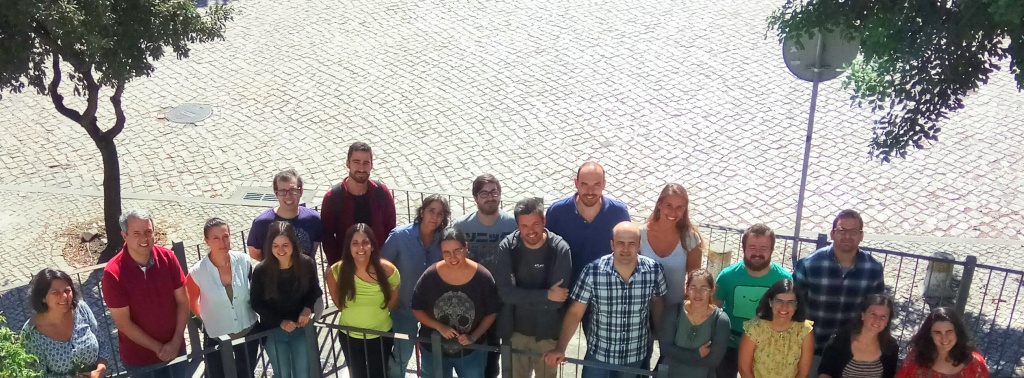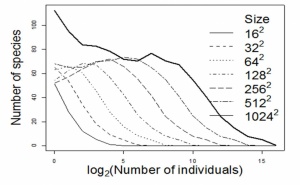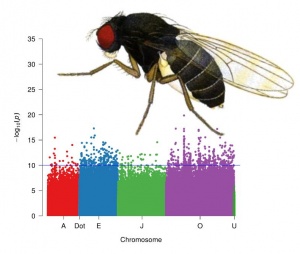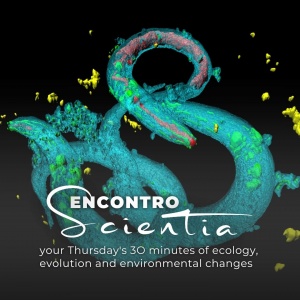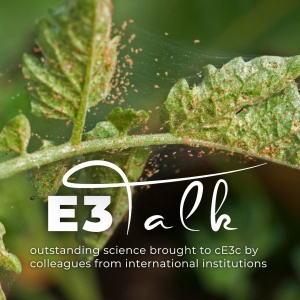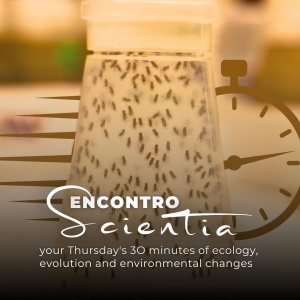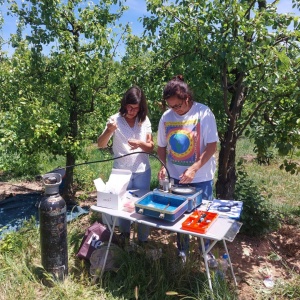-
Sara Magalhães
Subgroup Leader of MITE2: Multidisciplinary Investigation Targeting Ecology and Evolution
Keywords
- Home
- About
- Research
- Teams
- Climate services
- Evolutionary processes that shape biodiversity and adaptation to environmental changes
- Green & blue infrastructure for urban sustainability
- Human health: linking evolutionary history, environment and physiology
- Integrative ecological assessment of environmental change impacts on biodiversity
- Sustainable management strategies for high-nature-value farmlands
- Training
- Infrastructures
- Services
- Communication & Outreach
-

